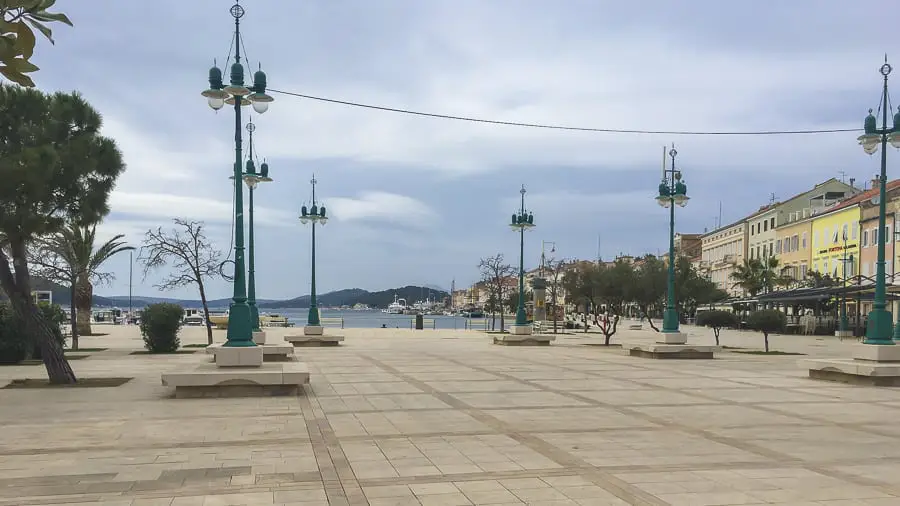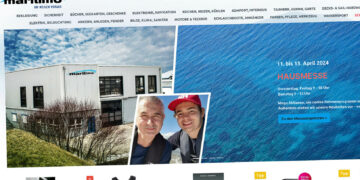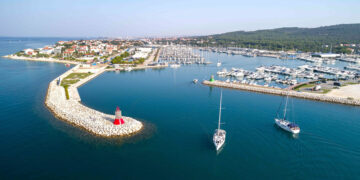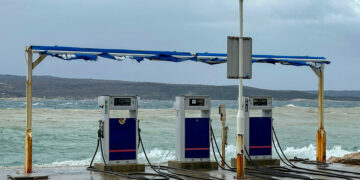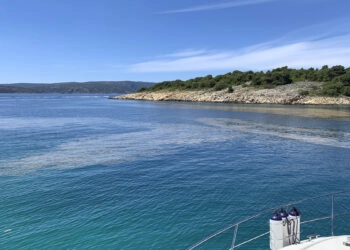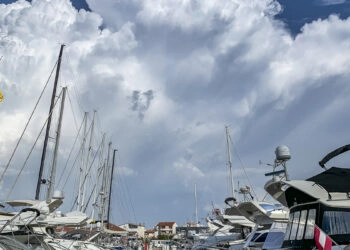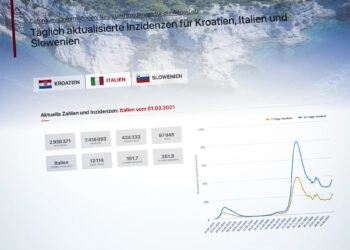SeaHelp researched how drastically life is actually being restricted at the moment with partners and friends directly on site – by telephone, of course. What came out of this gives reason to hope that the restrictive measures will help to really save at least part of the tourist season in Croatia.
Freedom of movement massively restricted
In almost all regions, similar to Austria and Italy, for example, individual freedom of movement is drastically restricted throughout Croatia. It was reported from Medulin that one may only leave the respective place of residence if one has a written permission from the respective municipal administration. And anyone who thinks that in Croatia, as everywhere else in the Balkans, government orders are only half-heartedly implemented is mistaken in this case. At all exit roads, the police check extremely meticulously whether appropriate permits are available.
Coronavirus: Locations under quarantine
Due to an accumulation of new infections with the coronavirus, the towns of Murter and Betina were quarantined, written evidence lost its validity with immediate effect, only systemically relevant persons were allowed to enter, as the deputy chief of police of Vodice, Duje Troskot, is quoted in the Croatian media.
Good news, however, for 93 passengers and 80 crew members of the ferry Marco Polo, which only two weeks ago called at the port of Ancona Split in Italy. They were released after a 14-day quarantine without any signs of coronavirus disease.
Border controls function
The Croatian-Slovenian border is also strictly controlled: As some travelers have been informed, they were only allowed to enter Croatia if they immediately entered the country at their own expense for 14 days in the quarantine facilities prescribed by law. Even the way there can only take place under police escort. Those who are not prepared to do so can immediately start their journey home on the direct route.
There is no need to think about staying overnight, as even the few hotels that are still open do not accept foreign guests, according to reports from travelers. Those who want to return to Germany must even prove at the Slovenian-Austrian border that they have enough fuel to ensure transit through Austria without stopping for petrol.
Croatia: Already Whitsun again tourists?
Since the corona virus has been raging throughout Europe, the Balkans have also lost their laid-back lifestyle. Borders are tight, in cafés and restaurants, the once bustling lifeline of Croatia is at a standstill. The self-imposed quarantine is observed with the utmost discipline, after all, the well-being of every single Croatian more or less depends on tourism. And therefore, hopefully Easter will see a few more candles lit in the churches of Croatia, so that at Whitsun not only the Holy Spirit but also the tourists will appear again.


